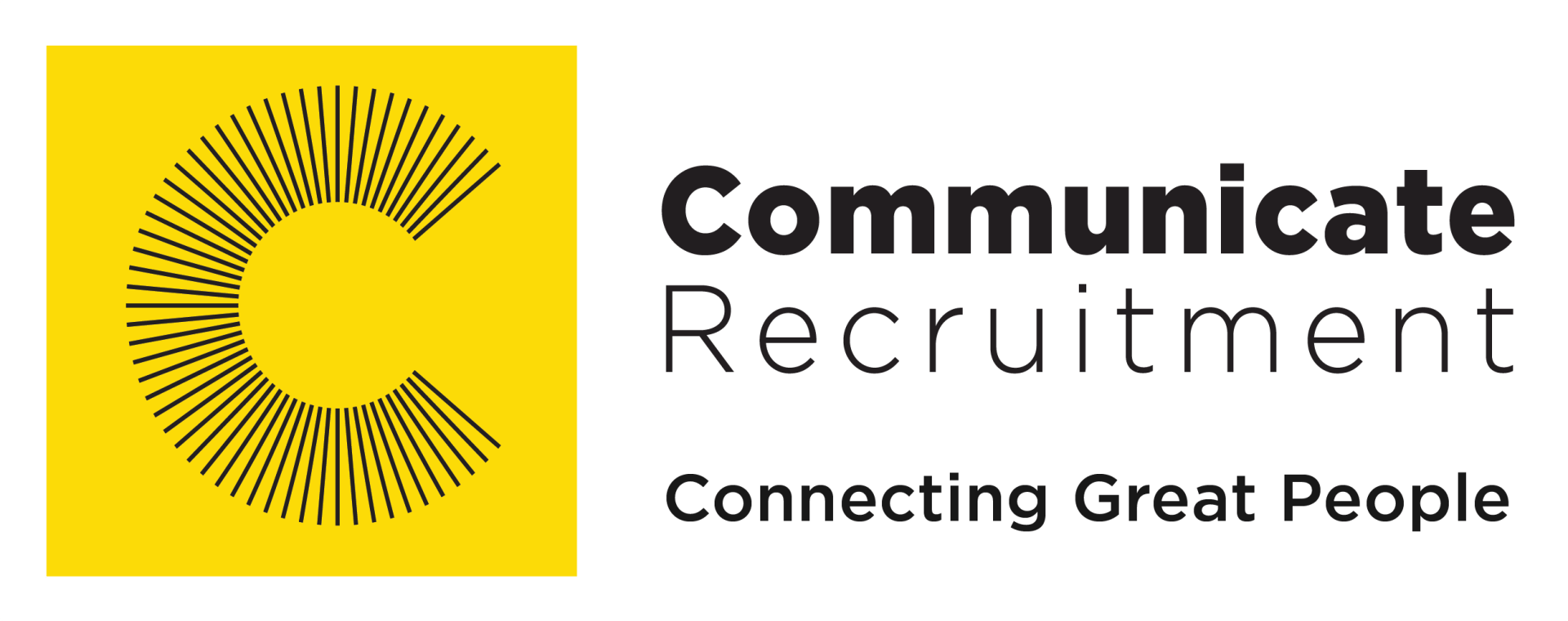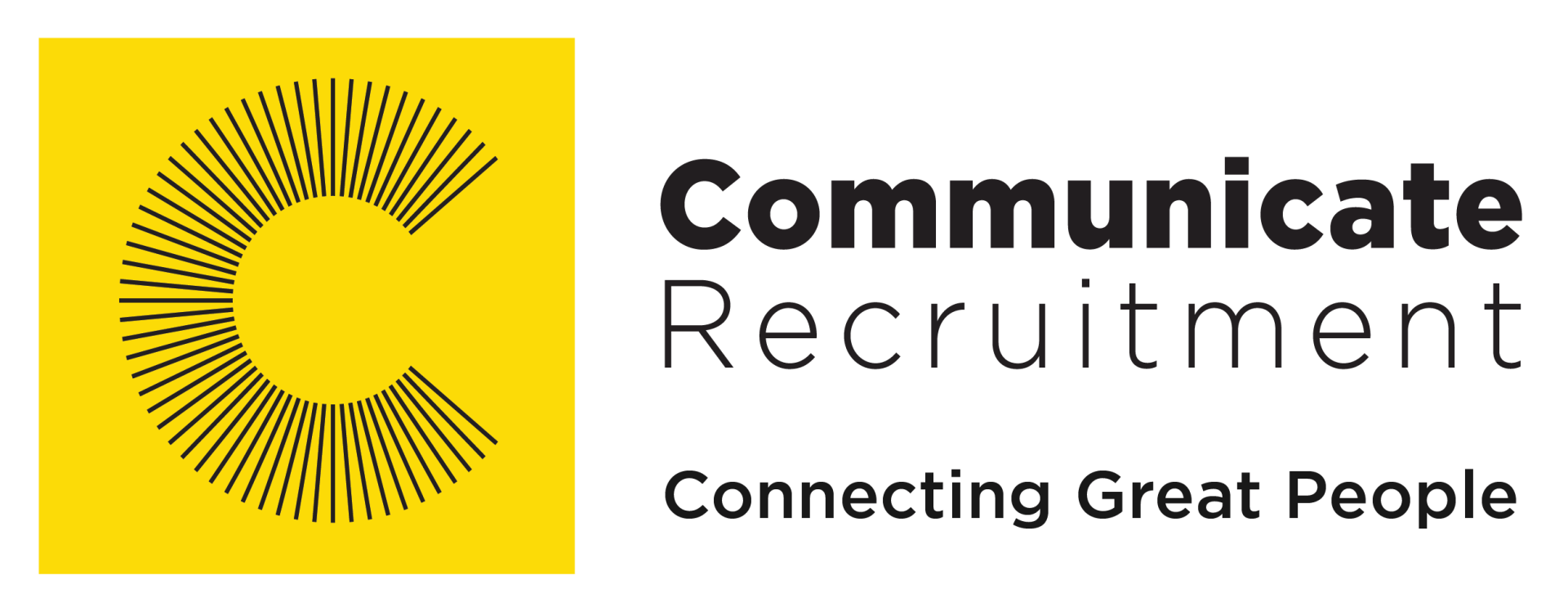Things You Should Never Do At A Job Interview
The landscape for job seekers today is more unpredictable than at any time in recent memory. If you want a job today, you may actually have to work for it.
With so many articles out there explaining what to do in a job interview, we decided to take the time to focus on what not to do. Whether you're new to the interview process or an industry expert, if you're searching for new opportunities, don't make these job interview mistakes.
Not doing your research
"Tell me about your company" is not a statement that should come out of your mouth at any time other than if it's during a social activity. You might have all the skills and experience to get the job done, but have you done the research of the company you interviewed for? Check out their company website and read they're 'about us' statement, it would also give you some extra pointers if you can find out and mention who their major competitors are in the market.
You need to learn what you can about the company and the person. Walking into a meeting without any knowledge will lessen your chances of getting the job.
Don't badmouth your former employers or anyone for that matter
Your last boss was horrible? Everyone in the company was awful? You hated your job and couldn't wait to leave? It's sometimes a smaller world than you think and you don't know who your interviewer might know, including that boss who was so dreadful to you... You also don't want the interviewer to think that you might speak that way about his or her company if you happen to leave their company on bad terms.
Lying on your CV
Anything written on your CV could be discussed at an interview and fabrication about your work or education could damage your reputation in the long run. There's no room for lying. Ever! This starts from the day you put together your resume to your last day on the job. If you have gaps and glitches in employment, just be prepared to talk about it and explain what you did during this time. If you don't know an answer to a question, simply state that. Don't try to make something up that will only hurt your integrity.
Stop using generalities
For example, "I am a team player" and "I'm a very hard worker." Generalities about strengths are ignored, forgotten, or sometimes never get mentioned. When interviewers assess a candidate they recall the examples and stories the candidate used to prove a point. These examples help them decide whether or not the candidate possesses the strength or attribute.
Never say you don't have any weaknesses
Everybody has weaknesses. The point of the question isn't even about weakness, it's an attempt to define your character, honesty, and self-awareness. On the exterior, saying you don't have any weaknesses implies you've stopped growing, can't learn anything new or can't be mentored. You can also try and use your weakness by describing how you've learned from it; this indicates a willingness that you want to get better.
Don't show your desperation
Yes, you want that new job because it's a good opportunity and you can be an asset to the company. Don't mention personal adversities in the middle of the interview. For instance, if the hiring manager asks you "Why do you want this job?" it may be tempting to tell him how you were laid off, and now you desperately need to put food on the table. It's actually a very persuasive story and one that should probably be shared with the people close to you. However, that party is most likely not going to be the hiring manager.
Another way to answer this question is to not focus on the negative experience. Although you can share that you were laid off, you can also share how you have grown from going through it and feel that a difficult situation such as this has left you in a great place to give even more now that you are stronger and wiser. In other words, you can use this opportunity to be even more positive and show your resilience.
If you do blow in the interview, don't take it to heart. I don't think there is anyone who hasn't made a mistake or two in an interview. If it happens, look at it like it just wasn't meant to be, learn from your mistakes and move on to the next opportunity.
Regardless of how the job market is, job searching isn't simple, and it's not always easy to stay positive and focused. When you've sent hundreds of resumes without much of a response it can be difficult to keep going. It's important though to not give up on yourself, so make use of all the job search tools available and keep a positive outlook.
Looking for success in your career? We can help you untangle the steps to your next job opportunity. Communicate Recruitment has a number of exciting new career opportunities which include Finance jobs, IT jobs, Engineering jobs, Supply Chain jobs, and Freight jobs. Visit our website and apply today!





